Work for the ICRC
Working in the humanitarian sector is both rewarding and challenging. If this is the career path that you see yourself on, keep reading. This flyer will help you understand how the International …
Working in the humanitarian sector is both rewarding and challenging. If this is the career path that you see yourself on, keep reading. This flyer will help you understand how the International …
Technological developments have given rise to new methods and means of warfare, such as cyber attacks, armed drones and robots, raising novel humanitarian and legal challenges. New technologies, new …
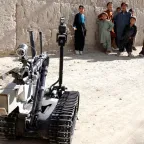
In addition to the very real human cost, war unleashes economic hardship, especially for the world’s most vulnerable populations. Armed conflict impacts people’s ability to feed, clothe, shelter and …
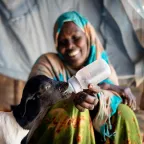
The ICRC's neutral approach is a critical tool that enables us to help people in some of the world's most dangerous and complex environments, places that many other organizations do not have access …
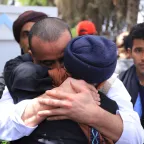
We ensure that universally recognized forensic standards are applied for the treatment and identification of the deceased, the search for missing people, and in any other situation where forensic …
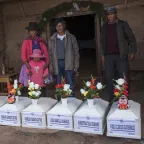
Threat to public health For people living in conflict zones, the spread of COVID-19 posed a serious public health threat. However, it was difficult to prioritize a response to the pandemic when the …
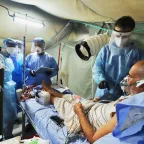
Armed conflicts, natural disasters and other emergencies have an impact on mental health and well-being. Our mental health and psychosocial support projects According to studies conducted by the …
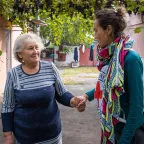
Landmines and explosive remnants of war continue to kill and injure too many civilians – during conflict and long after it ends. Impact on local communities Weapon contamination has a devastating …

The world’s largest humanitarian network, working to prevent and alleviate suffering wherever it may be found. Always on the side of humanity. International Red Cross and Red Crescent Movement: …
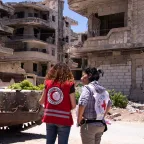
The climate is changing everywhere, but it is people living in fragile circumstances who feel the effects most severely. Climate change and conflict continue to cause massive suffering among people …
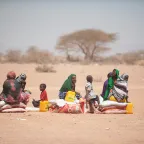
Try one of the following resources:
Created in 1863, the ICRC library, alongside the ICRC archives, provides an indispensable documentary reference on the organization itself and international humanitarian law.
International humanitarian law is based on a number of treaties, in particular the Geneva Conventions of 1949 and their Additional Protocols, and a series of other instruments.
Customary international humanitarian law consists of rules that come from "a general practice accepted as law" and that exist independent of treaty law.